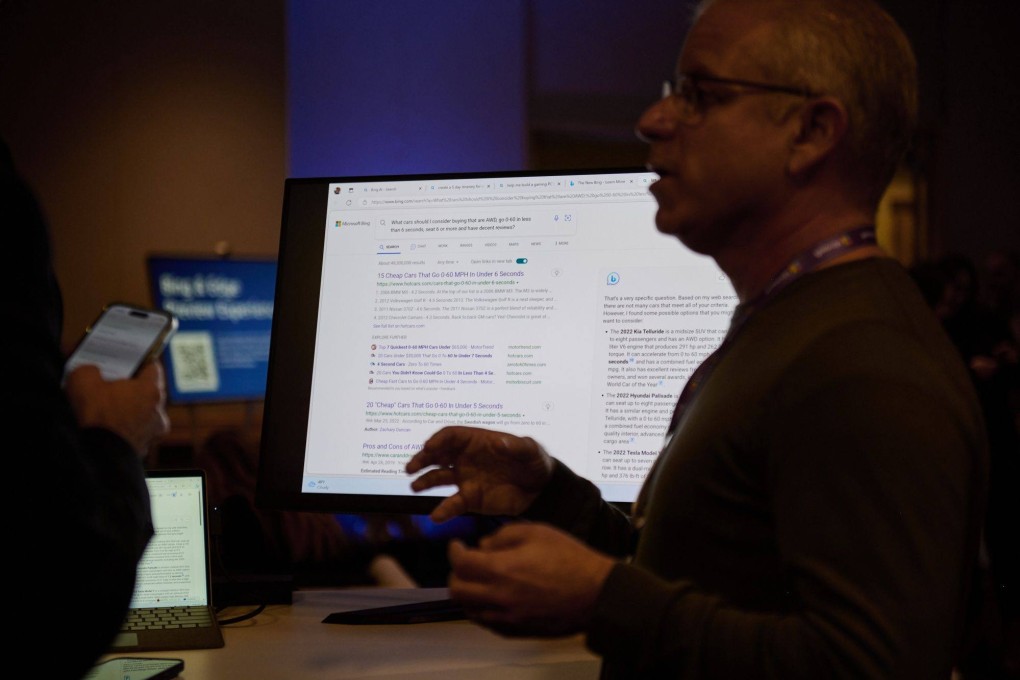Letters | ChatGPT’s rise highlights need for more support of open source community
- Readers discuss developments since ChatGPT took the world by storm, and an inexpensive and easy way to boost young people’s physical and mental health

As Elon Musk, the co-founder of OpenAI, pointed out, the company was originally founded as a non-profit organisation. Unfortunately, it abandoned the open source model and exclusively licensed GPT-3, the large language model behind ChatGPT, to Microsoft.
We hope the open source community can receive more support from governments and foundations around the world to develop a large language model with a completely open source code so third parties can customise the chatbot through further training. Since the machine learning of large language models involves billions of parameters consuming enormous computing resources, the open-source community could also take advantage of distributed computing approaches, such as the one adopted by the Berkeley Open Infrastructure for Network Computing, which engaged millions of computers from volunteers worldwide to search for signs of extraterrestrial intelligence.
Liang Jiawen and Peng Rong, Kowloon Tong